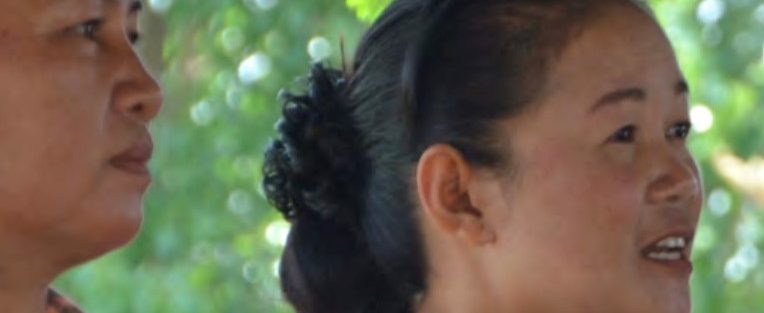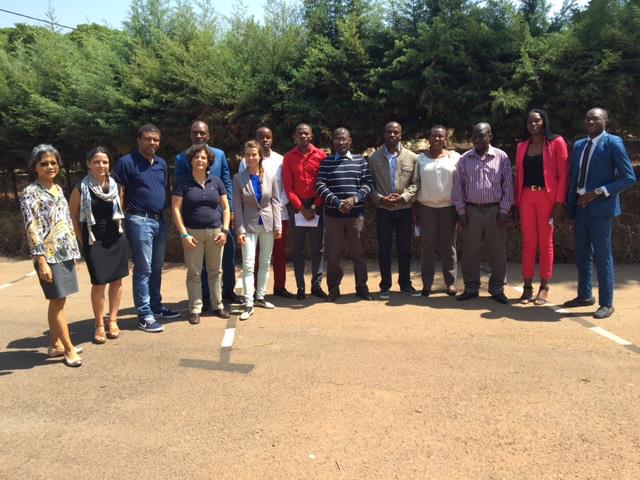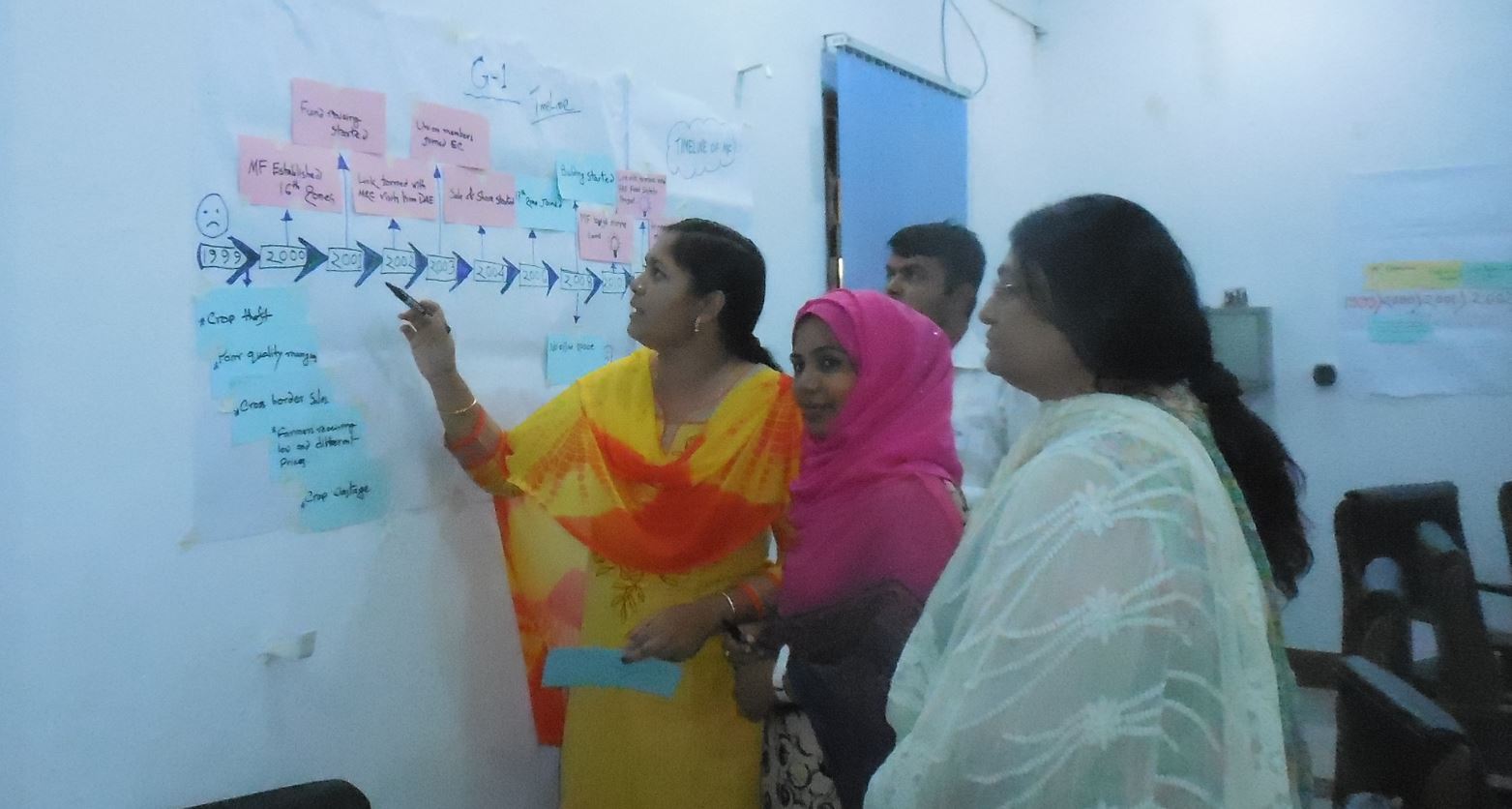


The needs assessment validation process which had begun on September 2016 took place from 20th to 22nd March 2017. Results from previous workshops have been integrated on 22nd, to enable a clear presentation of demands to the potential suppliers on the 23rd, day of the Market Place. Both events took place in Antigua Guatemala, taking

The Market Place event took place in Honduras on 31st of March 2017 in Tegucigalpa. It has been organized under the leadership of FAO (national office and Rome-based office) in partnership with Agrinatura/AICS and ICRA. Participants were the main stakeholders of selected niches (potatoes, coffee, cacao and beans) of Intibucá, Lempira, Atlántida y Olancho departments.

Countries in Africa south of the Sahara (SSA) have made progress increasing their investments to agriculture, honoring regionwide commitments such as CAADP. However, new data and analysis by Agricultural Science and Technology Indicators (ASTI) shows that growth in agricultural research investments has lagged considerably behind spending on other agricultural areas, such as farm support, subsidies,

“I have the theoretical knowledge of facilitating multi-stakeholder processes. But this course made it all concrete and practical,“ says Nasreen Sultana at the end of the three week long course Linking research to inclusive development for food security – Facing rural innovation challenges. As country manager in Bangladesh, Nasreen is in charge of the

National facilitators play a key role in implementing the CDAIS project, which builds capacity development for agricultural innovations systems in eight countries. The project made an important step forward by successfully training 11 national innovation facilitators in Angola. After the training, which took place in Chianga, Province of Huambo, 3-6 October, some of the facilitators

A team of national innovation facilitators is now established in Bangladesh, after 16 facilitators were trained in October. These facilitators will now implement the capacity needs assessment of the innovation partnerships and niches that CDAIS works on in Bangladesh. Initially the focus will be on the mango, tomato and poultry sectors. The newly trained facilitators

2015 – a year of revitalization and achievement the ICRA 2015 Annual Report provides highlights of our ongoing activities with partners in business, development, research and education. In 2015, we, at ICRA, spent a lot of time further evolving our strategy, so ICRA can continue to play an important role in supporting the capacities of smallholder
Where should the focus be for capacity development, to improve agricultural innovation systems, as a means of ensuring higher and more sustainable productivity to fight food insecurity and rural poverty? This is the main question in eight pilot countries as the Capacity Development for Agricultural Innovation, or CDAIS project, enters its second year. From the

